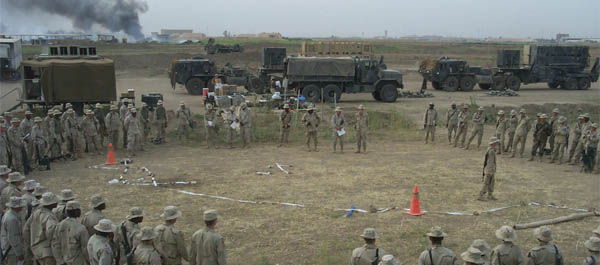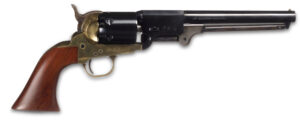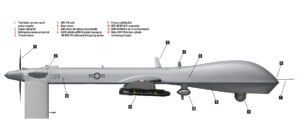The members of our unit were baptized in the fear and discomfort of war by extraordinary heat, momentum-halting sandstorms, and enemy missiles
In early 2003 my U.S. Army unit, the 6th Battalion, 52nd Air Defense Artillery, was stationed near Nuremberg, Germany. A crack Patriot missile battalion, we had successfully deployed to Saudi Arabia in 2001–2002, defending both that country and Kuwait from the threat of Iraqi and Iranian missiles. Now we were being called upon to participate in the invasion of Iraq, providing air defense for the 3rd Infantry Division during its push north to Baghdad.
As we boarded planes for Kuwait, our missile launchers were already en route via rail and sea in a lengthy journey that took them first to Antwerp, Belgium, then around the Horn of Africa to Kuwait City. When we landed on March 20, our equipment had yet to arrive, but the invasion was already under way, and the Iraqis were quick to retaliate.
That night a piercing air raid alarm for a Scud missile attack blared throughout Camp Wolf, our staging area near Kuwait City. We scrambled out of the tent where we were receiving a rules of engagement briefing for all new soldiers in the theater. An Iraqi Scud was inbound and projected to strike in our vicinity. Not knowing if the missile had a chemical warhead, we followed standard procedure, donning our gas masks and taking cover in makeshift bunkers. The air raid siren, loud and obnoxious, was our wake-up call to the reality of war. We then heard the unmistakable, earth-shaking vacuum blast from a Patriot missile launcher. A Patriot launch creates a rumbling of the ground and an ear-piercing whine that can be heard and felt for miles. Originally designed to defend against enemy aircraft, these bus-length Patriots were the most formidable antidote to Saddam Hussein’s ballistic missile arsenal.
We sat and waited helplessly in our shelter. Our thick chemical suits and bulky rubber overshoes trapped our body heat and sweat inside. The suits immediately added 10 degrees to the already oppressive heat and their thick carbon lining restricted our movement. Our Kevlar helmets sat clumsily over the top of our gas masks, and the heavy flak vests added about 15 pounds to our gear. We looked at the litmus tape on our sleeves to see if it had changed color from brown to pink, indicating chemical exposure. The Scud shelter around us was nothing more than a 10-by-20-foot metal Connex shipping container that in the 120-degree heat acted like an oven. We sipped water slowly through small straws that were built into our gas masks and plugged into our canteens. Sandbags around the Connex provided some reassurance that the makeshift bunker could sustain an indirect hit. Everyone knew, however, that all bets would be off with a direct hit. As the sweat dripped down our faces and pooled inside our rubber masks, we wondered how long we would have to stay in the oven. Our canteens were almost empty.
Inside the metal boxes it was dark and dusty, and it smelled just as you would expect with 20 sweating soldiers crammed inside. Several soldiers passed out from the heat. Others said prayers and hoped for the raid to end quickly. Still others noted the irony that an air defense artillery battalion was having to hide from a missile attack. We knew how to intercept the incoming Scuds, but our own missiles and launchers were still at the Kuwaiti port awaiting our retrieval. Coalition air defense assets would have to come to our aid this time. Vacuum-blast missile launches continued as an aerial joust took place above our heads between the Patriots and the less advanced, though extremely dangerous, Iraqi Scuds.
The all-clear siren sounded not a moment too soon and we were free to exit the shelter. Luckily, there were no chemicals in the attack. In the next six hours at Camp Wolf we experienced three more Scud attacks and repeated the drill of putting on our gas masks and sprinting into the crowded shelters. The attacks seemed like cruel jokes because every time we tried to use a latrine or open a food packet, the sirens forced us to immediately stop and run for shelter. We would later find out that our coalition Patriot comrades had destroyed three Iraqi Scuds during this barrage, saving countless American and Kuwaiti lives. The U.S. 5-52 Air Defense Artillery had two of the successful Scud intercepts, and Kuwaiti air defenses claimed the third.
[continued on next page]





